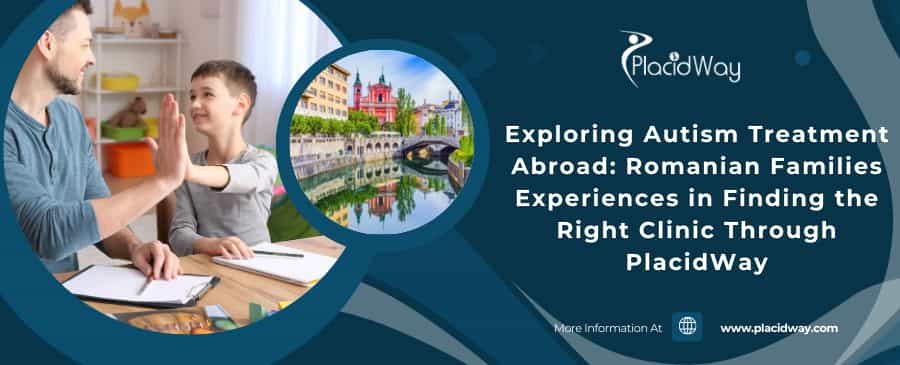
Autism Spectrum Disorder (ASD) has long been a challenging diagnosis for families across the world. For Romanian parents, finding the right treatment options can be particularly daunting due to the limited availability of specialized therapies in their country. This has driven many families to explore options beyond their borders, in hopes of finding effective interventions that can significantly improve their child's quality of life. One such alternative is seeking autism treatment through medical tourism, and a popular choice among Romanian parents is to leverage platforms like PlacidWay.
In this article, we’ll delve into the journeys of Romanian families who have explored stem cell therapy clinics abroad using PlacidWay’s resources. We will discuss the reasons behind their decision to look for treatment outside their home country, their experiences with the platform, the process they followed, and the outcomes they observed. Our goal is to present an insightful, reader-friendly account that resonates with families navigating similar challenges.
Why Romanian Parents Seek Autism Treatment Abroad
Autism treatment options in Romania are limited, especially for families seeking specialized therapies like stem cell treatments. The following factors commonly drive Romanian parents to look for alternatives outside their country:
- Limited Advanced Therapies: Specialized therapies such as stem cell treatments for autism are not readily available in Romania. Many parents feel the need to explore cutting-edge solutions that show promise abroad.
- Long Wait Times: Public healthcare services in Romania are often overburdened, resulting in long wait times for diagnosis and intervention, which is crucial for children with autism.
- Quality of Care: Families often perceive the quality of care and expertise to be higher in certain countries, making international clinics a desirable option.
- Success Stories: Testimonials and success stories of other families motivate parents to seek similar outcomes, inspiring them to look into clinics that have experience in treating international patients with ASD.
"We wanted the best for our son, but the resources and facilities were just not there. We knew we had to look elsewhere to give him a fighting chance," shares Ana, a mother from Bucharest.
Introducing PlacidWay: An Overview
PlacidWay is a comprehensive platform designed to connect patients with healthcare providers globally. It allows users to research, compare, and choose from a variety of medical treatments offered by clinics across different countries. For Romanian families seeking autism treatment, PlacidWay has become an invaluable resource due to its user-friendly interface and extensive database of healthcare providers.
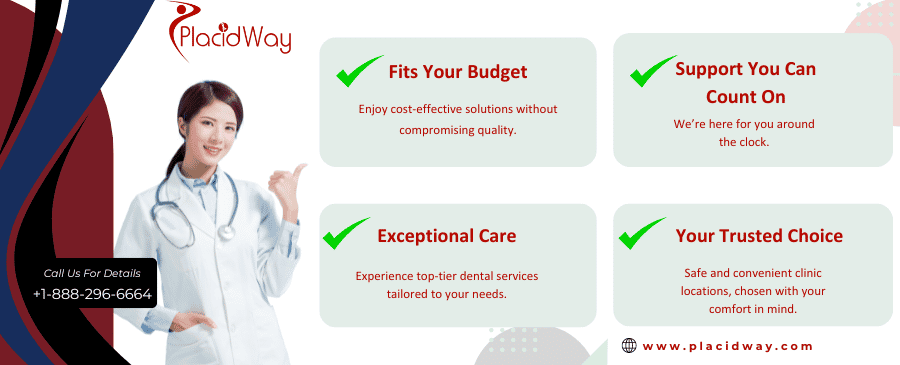
Features of PlacidWay for Families Seeking Autism Treatment:
- Detailed Clinic Information: Parents can access detailed descriptions of clinics, including their specialization, services offered, and treatment protocols.
- Patient Reviews and Testimonials: Real-life patient experiences provide insight into the effectiveness and quality of care at each clinic.
- Comparative Tools: Families can compare different clinics based on cost, location, and treatment options to find the best fit.
- Consultation Services: PlacidWay offers personalized consultation services to help parents make informed decisions about which clinics to consider.
The Decision-Making Process: How Parents Navigate the Platform
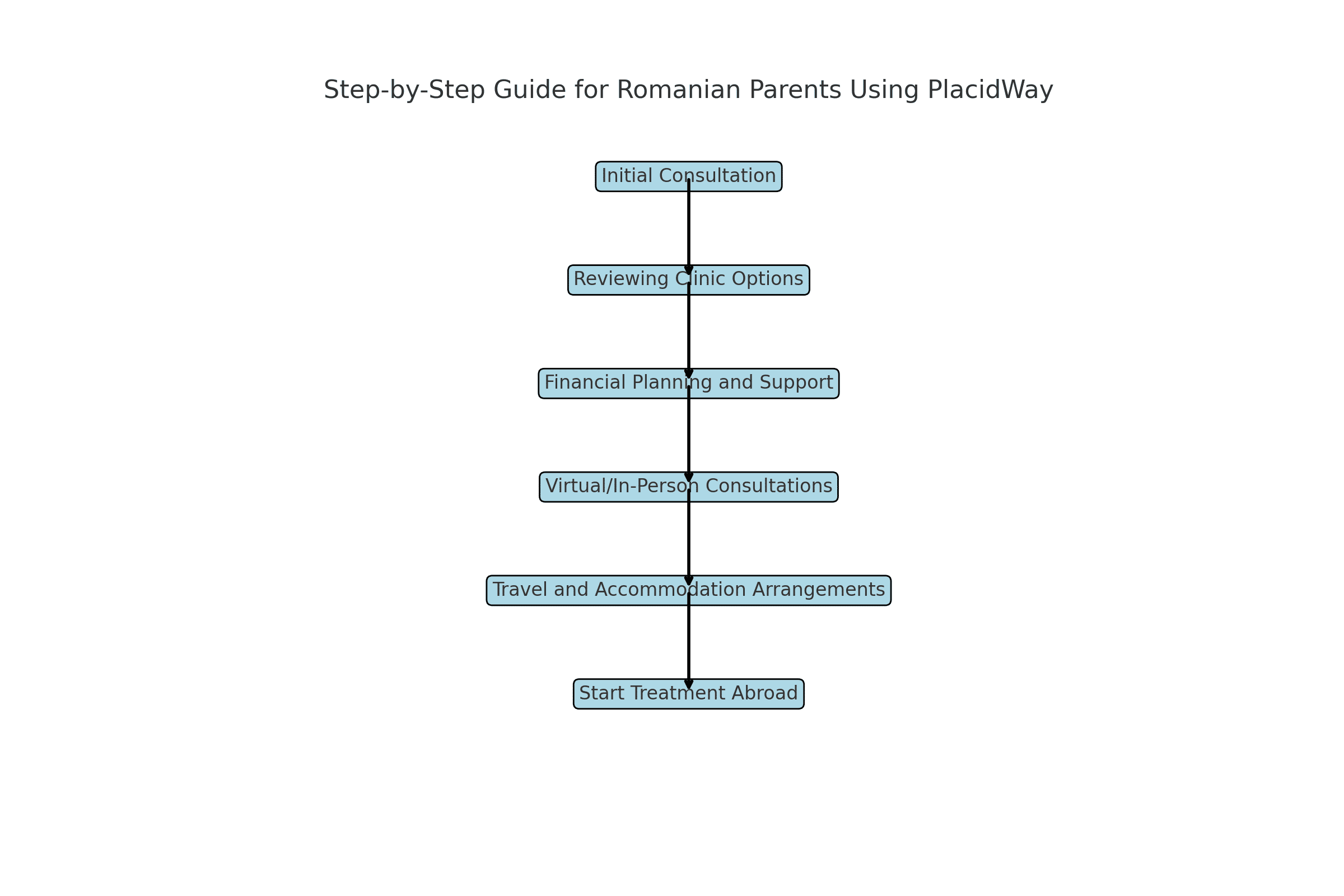
Choosing the right clinic abroad is a multi-step process that involves thorough research and consideration. Below is a step-by-step guide to how Romanian parents utilize PlacidWay in their decision-making journey:
Step 1: Initial Research
Parents start by exploring the various treatment options available for autism, focusing on stem cell therapy. They use PlacidWay’s search filters to narrow down their options by treatment type, location, and budget.
Step 2: Shortlisting Clinics
Once they have a list of potential clinics, parents evaluate each one based on factors such as:
- Expertise and Experience: How many years has the clinic been providing autism treatments?
- Success Rate: What percentage of patients have shown improvement post-treatment?
- Certifications and Accreditations: Are the clinics accredited by recognized international bodies?
Step 3: Reading Testimonials
Romanian parents place great importance on patient testimonials. They read about other families’ experiences, focusing on factors such as:
- Changes observed in their child post-treatment.
- The quality of care and support provided by the clinic.
- Experiences of traveling abroad for the treatment and how the clinic facilitated the process.
Step 4: Consultation and Communication
After shortlisting, parents reach out to clinics directly via PlacidWay’s platform. This involves:
- Sending queries to the clinics about treatment specifics.
- Engaging in consultations to discuss their child’s medical history.
- Understanding the logistics of traveling, including visa requirements, accommodation, and follow-up care.
Step 5: Final Decision and Travel Arrangements
With all the information in hand, parents make a final decision. PlacidWay assists them with booking the treatment, arranging accommodations, and coordinating their travel plans.
Case Studies: Real Stories from Romanian Families
To provide a deeper understanding, here are two case studies of Romanian families who used PlacidWay to find the right autism treatment abroad.
Case Study 1: The Popescu Family’s Journey to Mexico
The Popescu family, hailing from Cluj-Napoca, has a son diagnosed with moderate autism. After exhausting local options, they turned to PlacidWay to explore alternative treatments. Here’s how they approached the process:
Initial Concerns:
- Their main concern was the safety and effectiveness of stem cell therapy.
- They needed to find a clinic that offered comprehensive support as it was their first time traveling for medical treatment.
Clinic Selection: Using PlacidWay, Popescus found a reputable clinic in Mexico specializing in autism treatment through stem cell therapy. The clinic had positive reviews from other international families and offered transparent pricing.
Outcome:
- Their son showed marked improvement in social interactions and focus within a few months of the therapy.
- The family was impressed by the seamless coordination provided by PlacidWay, from arranging consultations to handling travel logistics.
“We were nervous about going to a foreign country, but PlacidWay made it much easier. The clinic was fantastic, and our son is doing so much better now,” says Maria Popescu.
Case Study 2: The Ionescu Family’s Search for a European Option
The Ionescus wanted to stay within Europe for treatment, so they used PlacidWay to find options in nearby countries. After considering several clinics, they opted for a facility in Germany known for its cutting-edge research in autism.
What Stood Out:
- The clinic’s commitment to research and development in stem cell therapies.
- Proximity to Romania, which made travel less daunting.
Outcome: Their daughter responded well to the treatment, showing improvements in speech and behavioral management.
“The doctors were incredibly supportive, and having PlacidWay as a guide helped us focus on our daughter’s treatment instead of worrying about logistics,” shares Adrian Ionescu.
CellCenter Slovakia: A Trusted Partner for Romanian Families Seeking Autism Treatment
When it comes to choosing the right clinic for autism treatment abroad, one name consistently stands out among Romanian families—CellCenter, located in Malacky, Slovakia. Recognized as the Number 1 clinic in Europe for stem cell therapy for autism, CellCenter offers a unique combination of personalized care, cutting-edge technology, and a highly experienced medical team. This has made it a top destination for parents looking to provide their child with the best possible treatment and support.
Why CellCenter Slovakia is the Best Choice for Autism Treatment:
- Personalized Care: Customized therapy plans tailored to each child’s unique needs and developmental goals, ensuring effective and targeted treatment.
- Expert Medical Team: Specialists with extensive experience in regenerative medicine and stem cell therapies, particularly for neurological disorders like autism.
- Advanced Technology and Research: Utilizes the latest research and state-of-the-art equipment to deliver the highest standards of care.
- Convenient Location for European Families: Located in Slovakia, easily accessible for Romanian families, with comprehensive support for travel and accommodation.
- Proven Success in Autism Treatment: Track record of successful outcomes in improving cognitive function, social skills, and overall quality of life using stem cell therapy.
CellCenter Slovakia: Real-Life Success Stories of Romanian Families
Many Romanian families have turned to CellCenter in their search for a reputable clinic that can offer effective treatment options for autism. For instance, the Popescu family from Bucharest chose CellCenter after extensive research and were amazed by the improvement in their son’s communication skills and behavior following stem cell therapy.
“CellCenter was everything we hoped for and more. The personalized care and support we received made all the difference. Our son’s progress has been remarkable,” shares Ioana Popescu, a grateful mother who witnessed firsthand the positive impact of CellCenter’s treatment on her child.
.png)
Get the Best Care for Your Child at CellCenter Slovakia
Choosing CellCenter Slovakia means entrusting your child’s health and well-being to a team that is not only skilled but also deeply committed to achieving the best possible outcomes. With their focus on individualized treatment, advanced technologies, and proven success, CellCenter stands as the premier choice for autism treatment in Europe.
If you are a Romanian parent looking for an effective and reliable solution for autism treatment, look no further than CellCenter Slovakia—where innovation meets compassionate care. Explore how CellCenter can make a meaningful difference in your child’s life today!

Tips for Parents Considering Autism Treatment Abroad
If you’re a parent considering autism treatment options outside your country, here are some key tips:
1. Do Thorough Research
Ensure you understand the type of treatment you’re considering and what outcomes you can realistically expect. Use platforms like PlacidWay to compare clinics and read about other parents’ experiences.
2. Ask Questions
Don’t hesitate to ask clinics detailed questions about the therapy, including potential side effects, success rates, and what to expect during and after the treatment.
3. Consider the Total Cost
Factor in all associated costs such as treatment, travel, accommodation, and any post-treatment follow-up care that might be required.
4. Look for Accreditations
Choose clinics that are accredited by recognized international medical bodies to ensure high standards of care.
5. Seek Support
Join online forums or local support groups to connect with other families who have undergone similar treatments abroad.
Common Challenges and How to Overcome Them
Challenges:
- Language Barriers: Navigating treatment abroad can be challenging if there’s a language barrier. PlacidWay mitigates this by connecting families with clinics that offer language support.
- Logistical Concerns: Travel, accommodation, and follow-up arrangements can be overwhelming. Using a platform like PlacidWay simplifies these logistics by providing end-to-end assistance.
- Emotional Stress: The uncertainty of treatment outcomes can be emotionally taxing. Connecting with other families who have had similar experiences can provide reassurance and support.
Solutions:
- Use PlacidWay’s consultation services to address language barriers and logistical concerns.
- Engage in discussions with other parents through online communities to build a network of support.
20 Frequently Asked Questions For Patients From Romania and Europe
Q1: What is PlacidWay and how does it help?
PlacidWay is a medical tourism platform that connects patients with healthcare providers worldwide. It offers a variety of services including detailed clinic information, comparative tools, patient testimonials, and consultation services.
Q2: Is stem cell therapy for autism effective?
Stem cell therapy is still considered an experimental treatment for autism. Some families have reported improvements, while others have not. It’s essential to consult with experts and review clinical evidence before making a decision.
Q3: How do I know if a clinic is reputable?
Look for clinics accredited by recognized international medical bodies, read patient reviews, and use platforms like PlacidWay that provide verified information.
Q4: How does PlacidWay support families during the treatment process?
PlacidWay assists with everything from initial research and clinic selection to travel arrangements and post-treatment follow-up, making the entire process more manageable for families.
Q5: What should I consider when choosing a clinic abroad for autism treatment?
When selecting a clinic abroad, consider factors such as the clinic's specialization in autism treatment, the credentials of the medical team, patient reviews, success rates, language support, and the overall cost, including travel and accommodation.
Q6: What countries are popular for autism treatments, and why?
Some of the most sought-after countries for autism treatment include Slovakia, Mexico, Germany, the United States, and India. These countries are known for their advanced healthcare facilities, experienced medical professionals, and innovative therapies, including stem cell treatments.
Q7: How does PlacidWay ensure the quality of clinics listed on its platform?
PlacidWay conducts thorough research and verification before listing clinics. They consider factors such as clinic accreditations, patient reviews, medical staff qualifications, and the range of services offered to ensure that only reputable clinics are featured.
Q8: How can I communicate with a clinic if there is a language barrier?
Many international clinics have multilingual staff or offer translation services to assist international patients. PlacidWay also helps facilitate communication by connecting parents with clinics that provide language support or interpreter services.
Q9: Are there any specific success indicators I should look for in autism treatments abroad?
Look for clinics that provide detailed treatment plans, post-treatment follow-up protocols, and documented case studies or clinical trial results. Improvements in social skills, communication, and behavioral management are common indicators of successful autism treatments.
Q10: What are the common therapies used in conjunction with stem cell treatment for autism?
Clinics often use a combination of therapies to support stem cell treatments, including behavioral therapy (ABA), speech therapy, occupational therapy, and physical therapy, to address different aspects of autism symptoms.
Q11: How do I prepare my child for treatment abroad?
Prepare your child by discussing the journey and treatment process in a positive and supportive manner. Bring familiar items, such as toys or books, to make your child comfortable during travel. Engage with the clinic beforehand to understand any specific preparations needed.
Q12: What financial assistance or payment options are available for families seeking autism treatment abroad?
Some clinics offer financial plans, medical loans, or partnerships with organizations that provide funding assistance for autism treatments. PlacidWay can provide information on clinics that offer flexible payment options or financial assistance programs.
Q13: How can I ensure the safety and hygiene standards of the clinic I choose?
Check if the clinic follows international safety and hygiene standards, such as JCI (Joint Commission International) accreditation. Ask for details on their infection control policies and request virtual tours or live communication to get a sense of their facilities.
Q14: What kind of follow-up care should I expect after returning home?
After treatment, clinics often provide follow-up care instructions, which may include continued therapies, nutritional guidelines, or regular remote consultations. Make sure to ask the clinic about their post-treatment support and how they can assist you once you return home.
Q15: How do I manage travel logistics such as visas, accommodation, and transportation for my child?
PlacidWay offers support in managing travel logistics, including visa applications, booking accommodations near the clinic, and arranging transportation. It is recommended to work closely with their team to ensure a smooth travel experience.
Q16: Can I combine autism treatment abroad with a vacation or family visit?
Yes, many families choose to combine treatment with a vacation or extended stay to explore the destination and make the trip a more enriching experience for their child. However, it’s important to prioritize treatment needs and schedule activities accordingly.
Q17: What potential risks should I be aware of when seeking autism treatment abroad?
Potential risks include the quality of care, the travel experience for the child, and the effectiveness of the treatment. It’s crucial to work with reputable clinics and platforms like PlacidWay that offer verified information and support throughout the process.
Q18: Are there any cultural considerations when seeking treatment in another country?
Yes, understanding the cultural norms of the country you’re visiting can enhance your experience and help you build better relationships with the clinic staff. PlacidWay can provide insights and resources on cultural considerations specific to each location.
Q19: How can I evaluate the success of the treatment after returning home?
Work with your child’s local healthcare providers to evaluate improvements in key areas such as social behavior, communication, and daily functioning. Maintain regular communication with the clinic abroad to report progress and receive further guidance.
Q20: What are the next steps if the initial treatment does not show the expected results?
If the initial treatment does not yield the expected results, consult with the clinic for further evaluation. They may suggest additional therapies or a modified treatment plan. Platforms like PlacidWay can assist in exploring alternative clinics or treatment options if needed.
Final Thoughts
Navigating the complexities of autism treatment can be challenging for any family. For Romanian parents seeking stem cell therapy or other advanced treatments abroad, platforms like PlacidWay offer a valuable resource that simplifies the search, comparison, and selection of the right clinics. Through real-life testimonials and guided support, Romanian families have found hope and effective treatments that were once out of reach.
By sharing these experiences and providing actionable information, we hope to support more families in their journey toward finding the best possible care for their children.


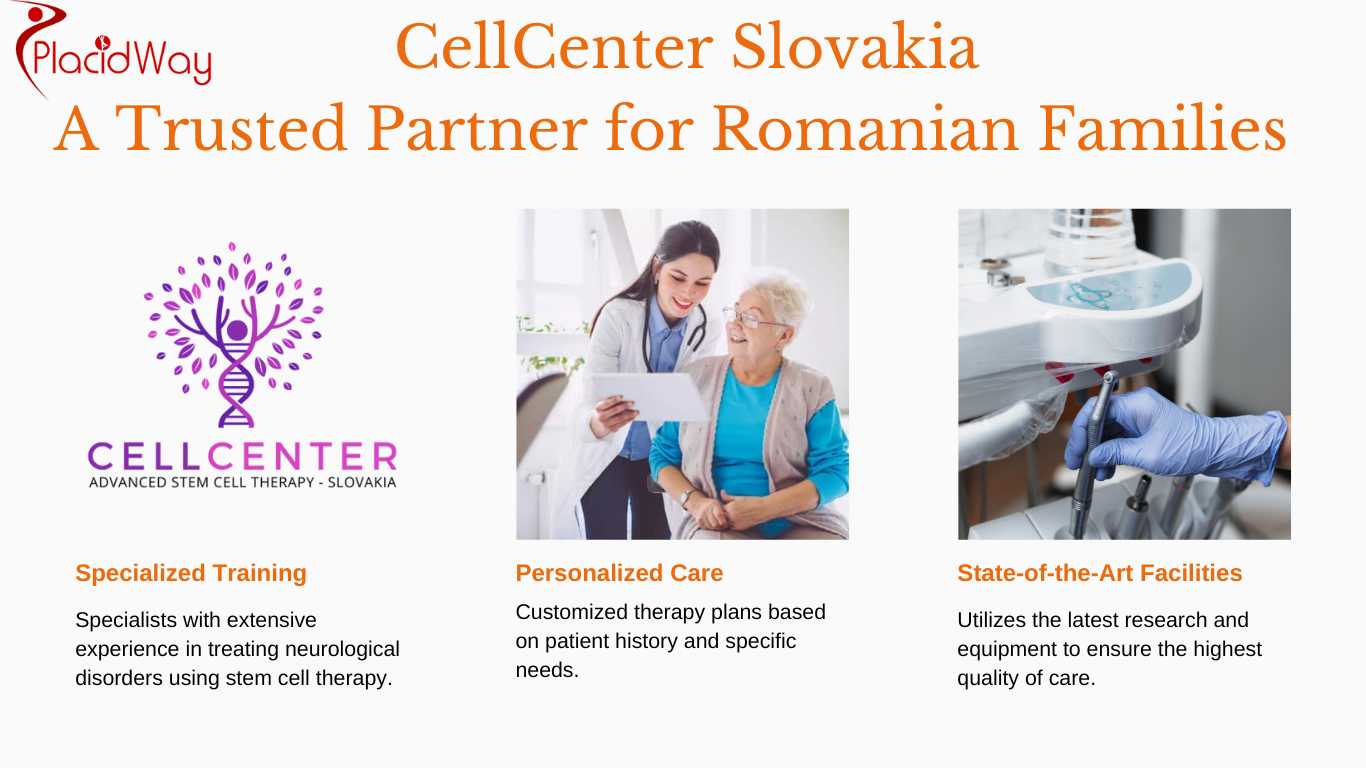
.png)
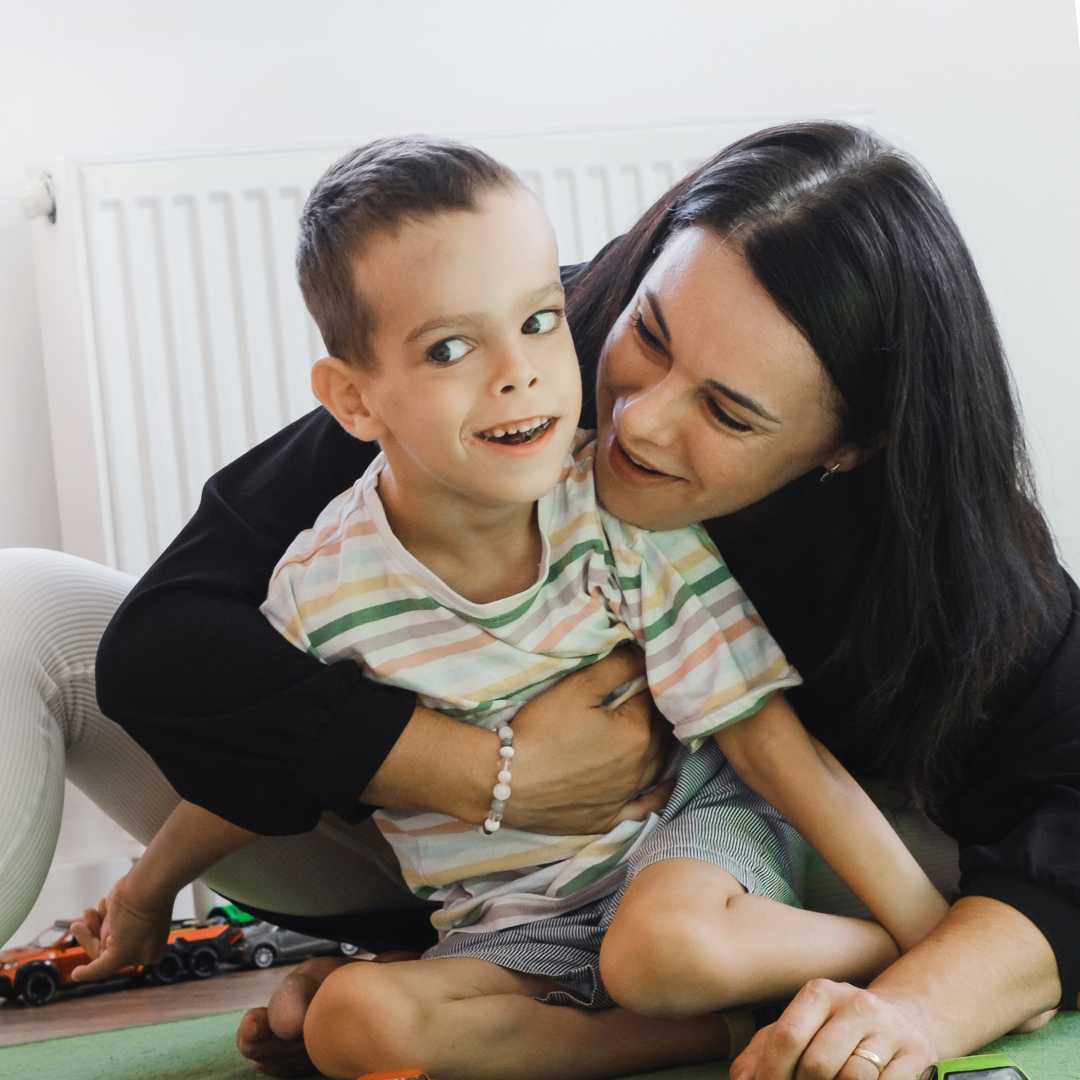

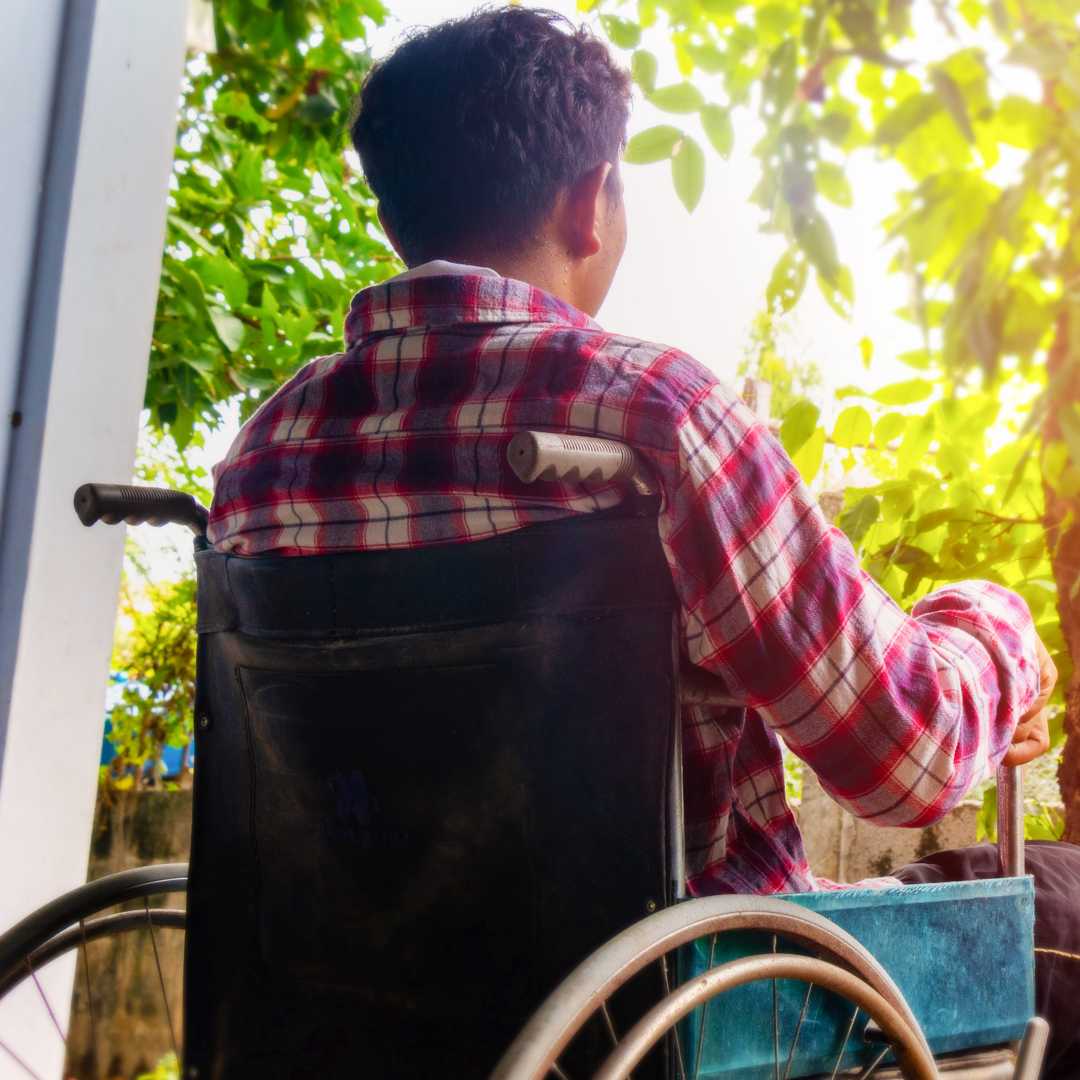
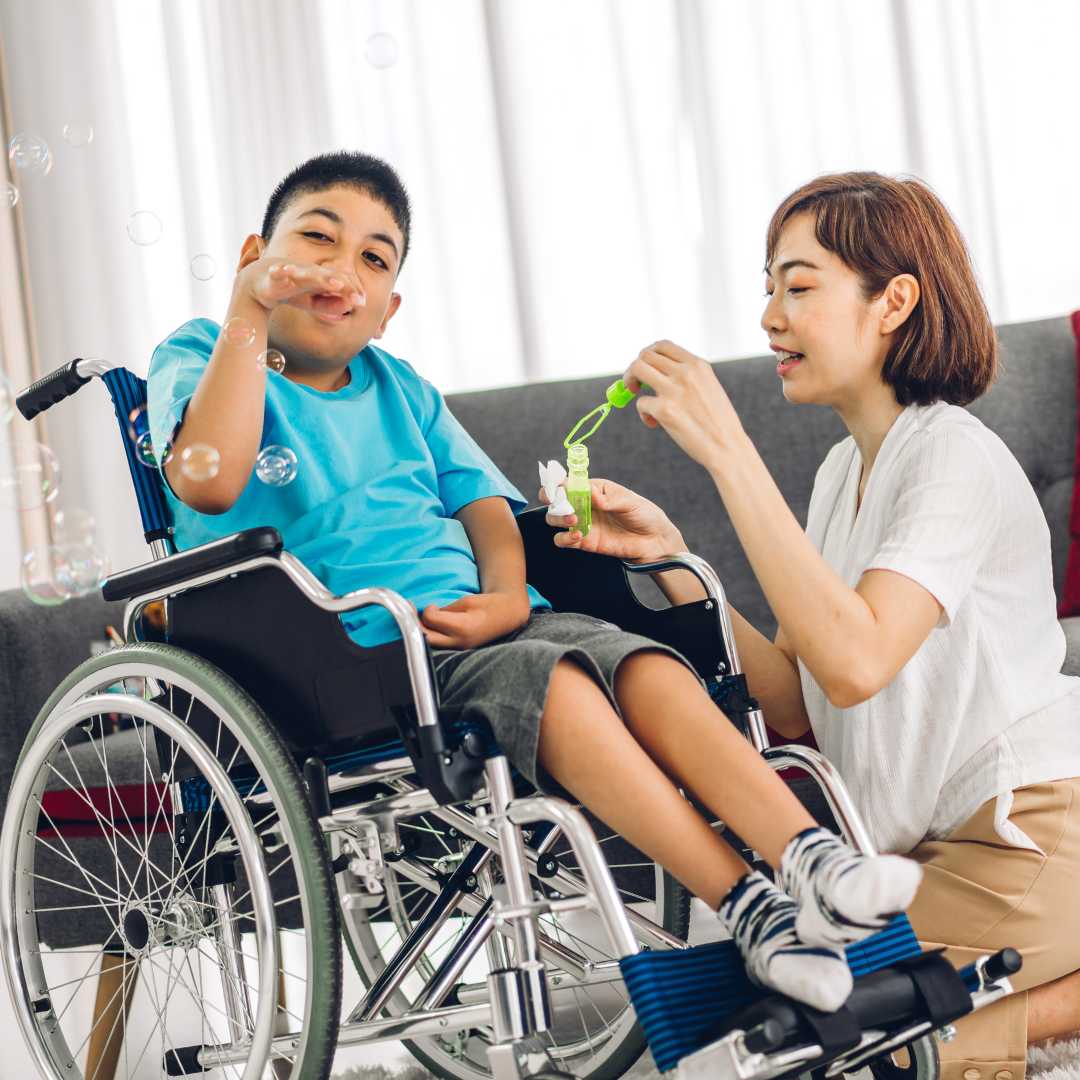
.png)
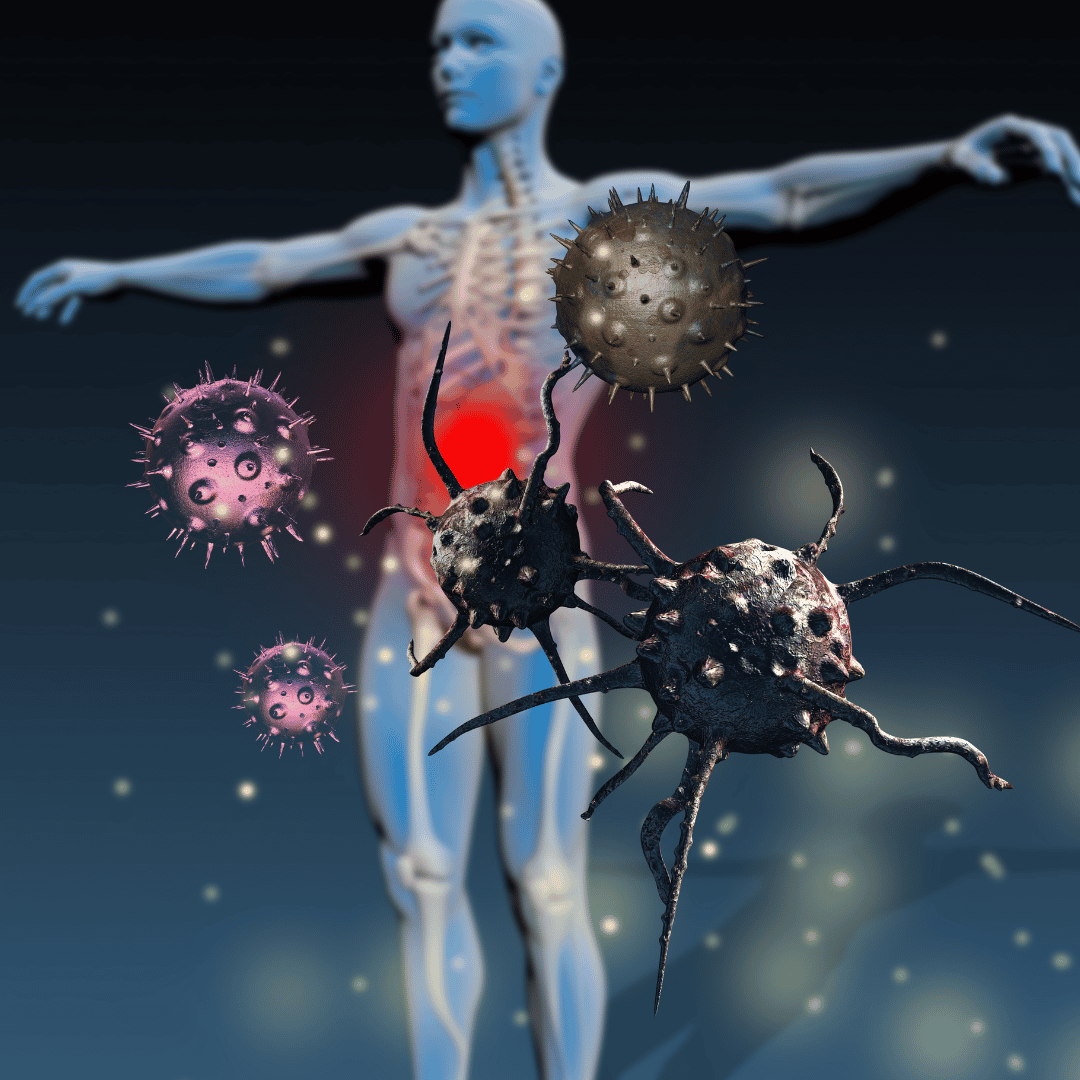
.png)
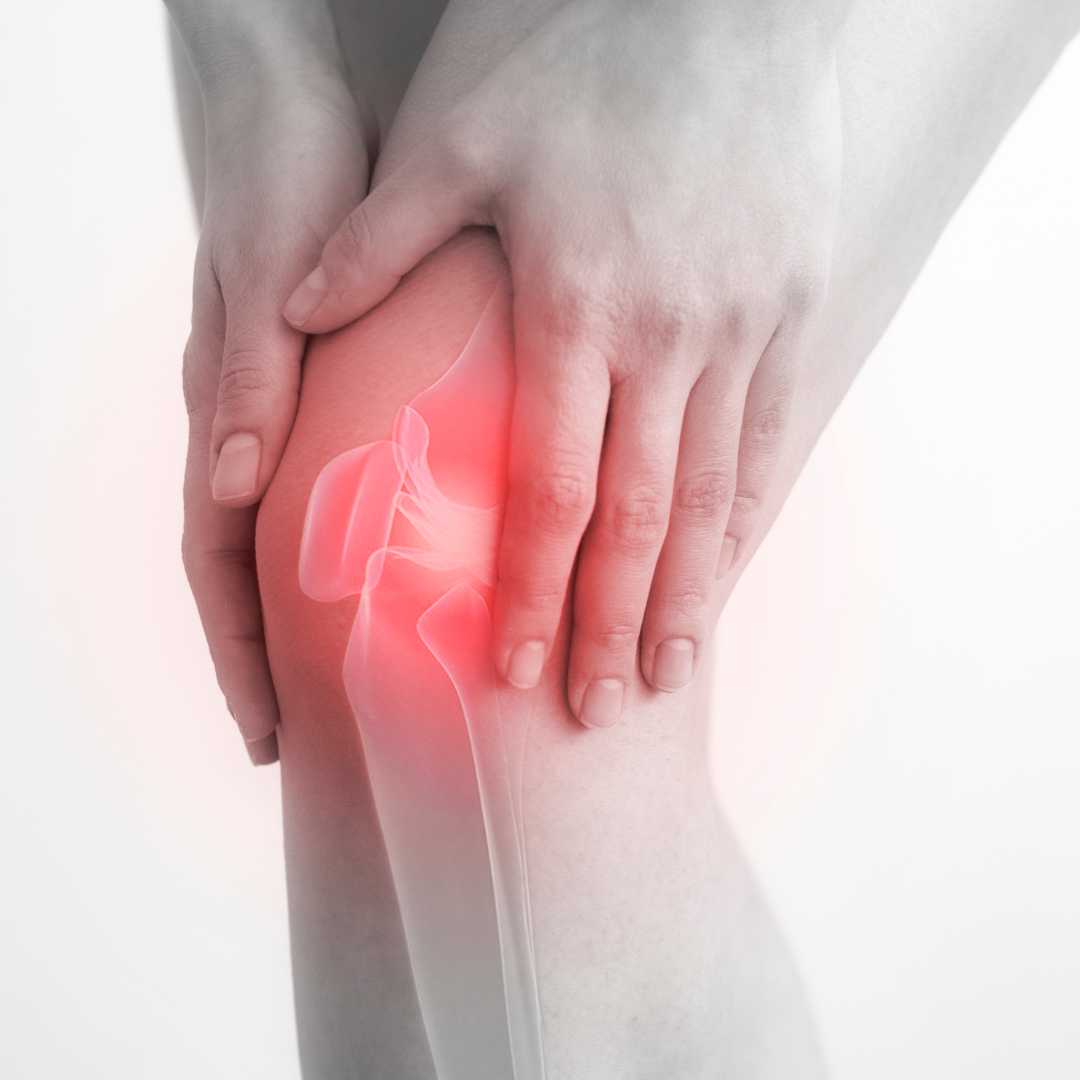

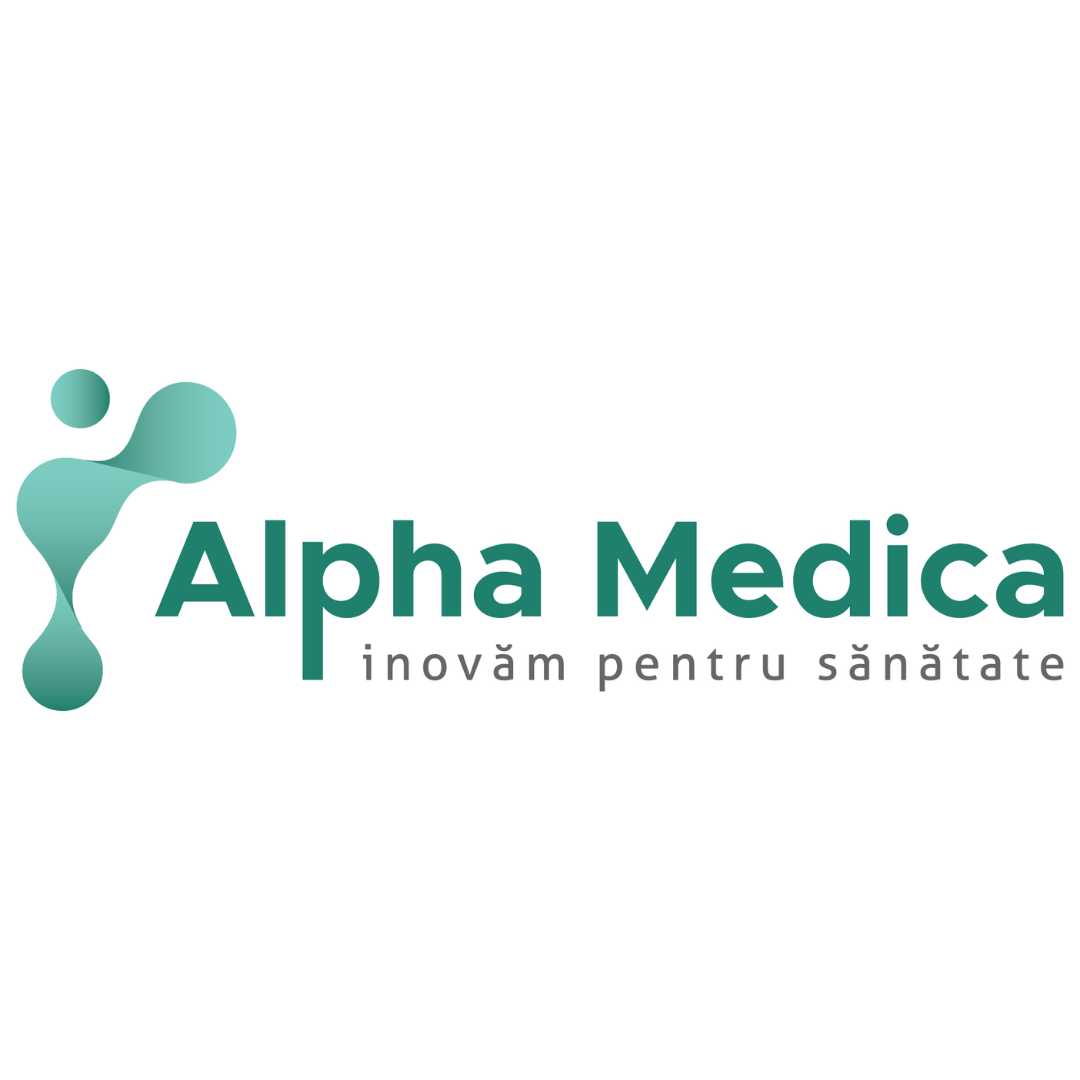
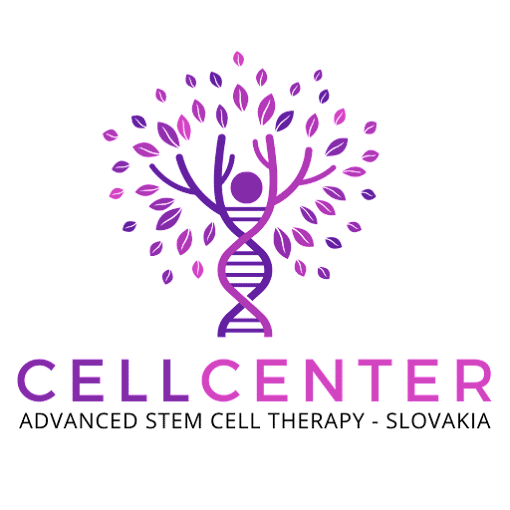

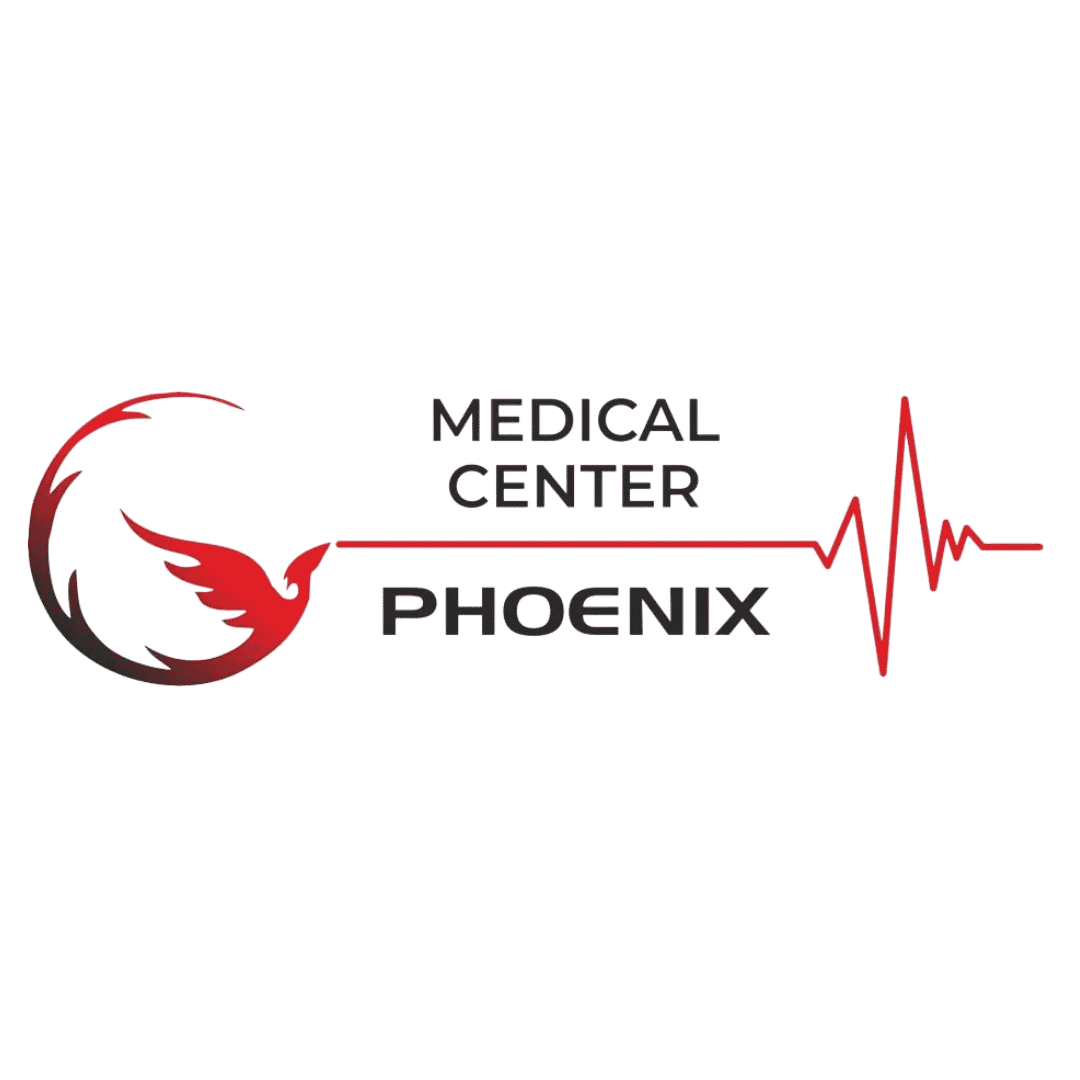

Share this listing